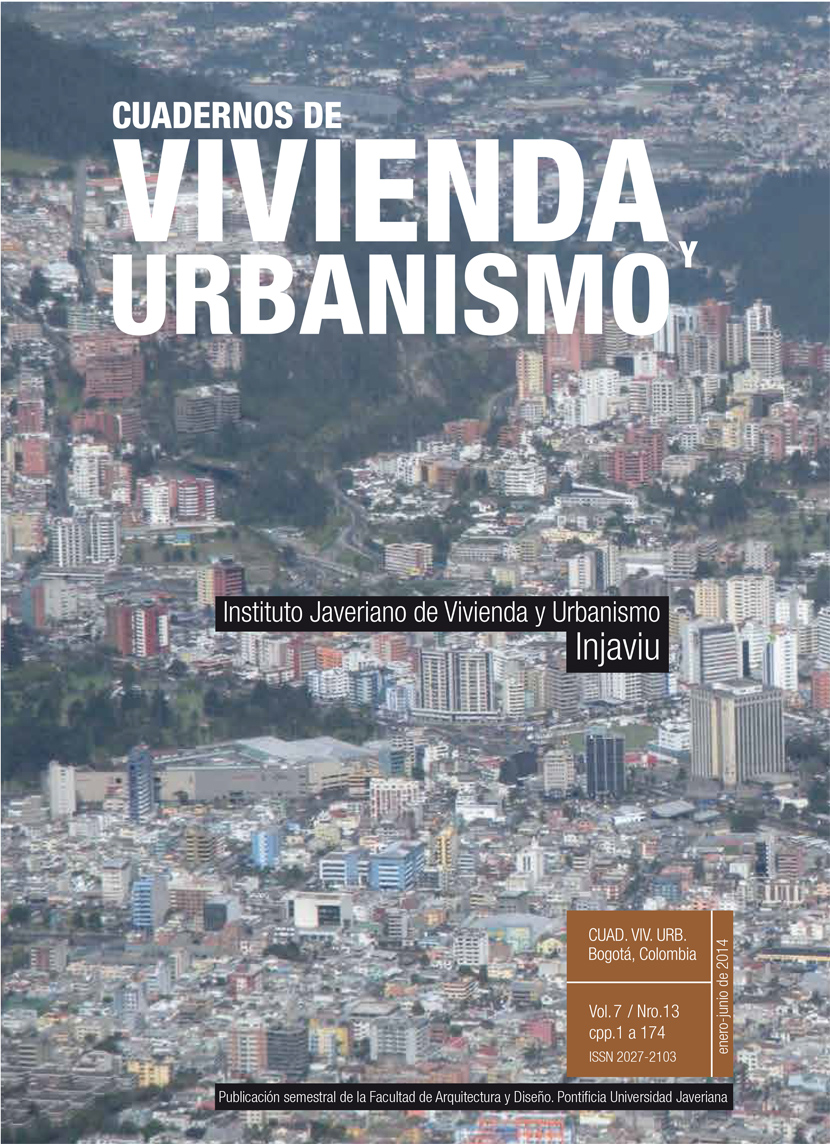Abstract
Regardless of size, the importance or the particularities of cities and societies, the conditions of isolation and confinement of socio-urban residential gated high-class developments emphasize subjective aspects of urban insecurity as risk perception, fear stereotypes and feelings of insecurity. With the descriptive correlational method or mixed non-experimental strategy, this study shows the impact of the above-mentioned issues in the daily lives of its inhabitants. This fact emphasizes socio-urban dichotomies that increase the fear of the one who is different and of the unfamiliar territory, it modifies traditional meanings attributed to the concept of urban insecurity, it surpasses formal security processes and crosses boundaries, city hierarchies and typologies of societies. All this affects the psychosocial structures of its residents, contributes to the culture of fear, strengthens ascending urban insecurity spiral, gives universality in the relationship between subjective aspects of urban insecurity and the way we live, forms the territory and structures urban spacesThis journal is registered under a Creative Commons Attribution 4.0 International Public License. Thus, this work may be reproduced, distributed, and publicly shared in digital format, as long as the names of the authors and Pontificia Universidad Javeriana are acknowledged. Others are allowed to quote, adapt, transform, auto-archive, republish, and create based on this material, for any purpose (even commercial ones), provided the authorship is duly acknowledged, a link to the original work is provided, and it is specified if changes have been made. Pontificia Universidad Javeriana does not hold the rights of published works and the authors are solely responsible for the contents of their works; they keep the moral, intellectual, privacy, and publicity rights.
Approving the intervention of the work (review, copy-editing, translation, layout) and the following outreach, are granted through an use license and not through an assignment of rights. This means the journal and Pontificia Universidad Javeriana cannot be held responsible for any ethical malpractice by the authors. As a consequence of the protection granted by the use license, the journal is not required to publish recantations or modify information already published, unless the errata stems from the editorial management process. Publishing contents in this journal does not generate royalties for contributors.


